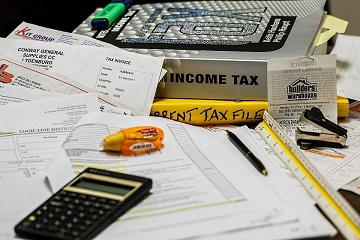Business Tax
In this section...
Events that occur after the Accounting Period end date
Events can happen in the time between the reporting period date on the annual accounts to the business owner’s approval of the accounts to be issued; it is to be expected in some cases. Where an event does occur, an adjustment can be made to the accounts or a disclosure can be included with the figures to reflect the event. How the accounts are adjusted depends on the situation of the event itself, as per the International Accounting Standards 10 (IAS 10). The IAS collective are part of the International Financial Reporting Standards (IFRS) which have been adopted 166 jurisdictions and are followed by accountancy practices within those jurisdictions.
Need help?
Get in touch and see how we can help you






